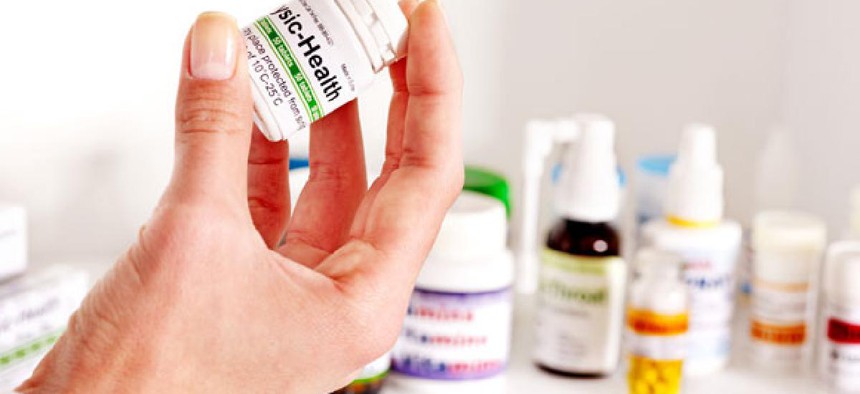Getting to the Right Relationship Between Doctors and Drug Companies

Image via Poznyakov/Shutterstock
There is a way to cultivate, not demonize, collaboration between physicians and pharma.
The pharmaceutical industry is held in remarkably low esteem right now. It's seen as a bunch of nefarious pushers who pay off vulnerable doctors to prescribe their latest expensive, mediocre product. Physicians who work with pharma companies are considered especially suspect, routinely described as "cozy," "in bed with industry," and "on the take."
CEO of Kaiser Permanente Robert Pearl wrote last month in a Wall Street Journal commentary, "Patients will continue to be at risk for potential harm until physicians themselves stop participating in these relationships [with industry]." He added that Kaiser, a managed care consortium of almost 15,000 physicians and 9 million patients, prohibits physicians from "being paid to 'consult' with drug and device companies."
I think they have it backwards, though. Drug companies -- at least every one that I've worked for or consulted with -- would like to develop important new medicines that improve health and save lives. That's what gets every industry researcher I know up in the morning, and what keeps them going through the many highs and lows that characterize the scientific process.
While the biological foundation that enables most contemporary drug discovery was largely built in academic labs, moving from research publication to validated drug is long, difficult, expensive, and very tricky -- not least because many academic findings turn out not to be robust enough to support new drug development.
Image via Poznyakov/Shutterstock





